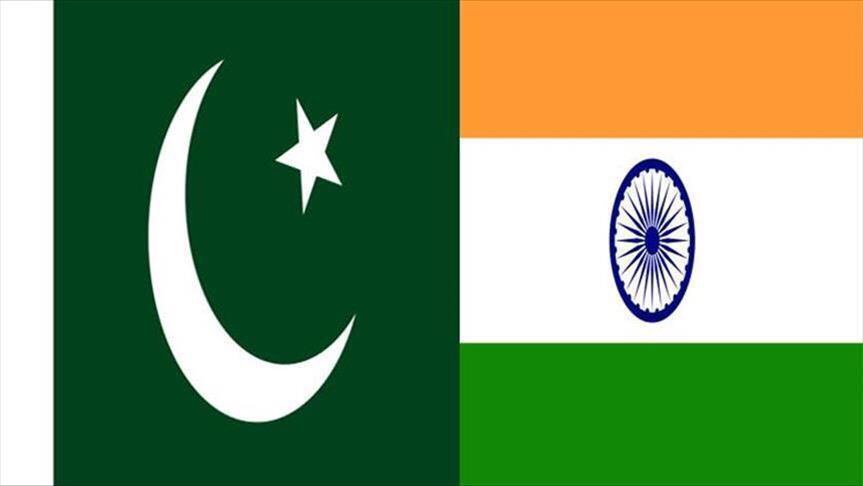 India, Pakistan in war of words as tensions escalate
India, Pakistan in war of words as tensions escalateBy Islamuddin Sajid and Shuriah Niazi
ISLAMABAD, Pakistan / New Delhi, INDIA
A new war of words has erupted between arch-rivals India and Pakistan, after New Delhi rejected an offer to initiate peace talks by Islamabad.
Indian army chief Gen. Bipin Rawat has threatened to launch attacks across the Line of Control, the border which bifurcates Indian- and Pakistan-controlled Kashmir, a disputed territory which remains at the heart of the conflict between the two nuclear powers.
In a Monday interview to news channel India Today, Rawat said: "I believe there is a need for one more action [surgical strike]. But I would not want to disclose how we want to do it.
“As long as the Pakistan government can't control its Army and the ISI [spy agency Inter-Services Intelligence], the situation at the border won't improve."
Responding to the statement the Pakistan army on Tuesday said they were open to peace talks, but will not hesitate to thwart any attack from the Indian side.
Speaking to Anadolu Agency, Maj. Gen. Asif Ghafoor, spokesman of the Pakistan army, said: “We are on a positive trajectory of peace and stability after having gone through efforts over the last two decades. We understand value of peace and shall not allow it to be reversed.
“We believe in coexistence and peace, however any misadventure shall be effectively and befittingly responded.
“War is never a solution to any problem. Pakistan has always positively responded to all peace initiatives. It’s India who backs out from dialogue."
He blamed the Indian government of war mongering to divert attention from internal criticism on "various corruption scams and failure of economic agenda".
Bitter relations
Relations between the two neighbors hit a fresh low after India last week suddenly called off a scheduled meeting between foreign ministers of both countries in New York later this month.
The move drew strong criticism from Pakistani Prime Minister Imran Khan, who tweeted: “Disappointed at the arrogant and negative response by India to my call for resumption of the peace dialogue. However, all my life I have come across small men occupying big offices who do not have the vision to see the larger picture.”
Earlier this year, Pakistan issued a postage stamp of Burhan Wani, a Kashmiri militant leader, who was killed by Indian troops in July 2016, drawing ire from India.
Analysts in both countries maintain both sides have to take confidence-building measures before any formal peace talks take place.
Condemning the Indian army chief's statement, Pakistani analyst retired Brig. Said Nazir said: "Surgical strike means to carry out any attack inside Pakistan using air force or special commandos near any border area which is very difficult because Pakistan reaction would be unexpected."
Pakistan and India both are nuclear powers and this time war would not be a conventional war, Nazir added, urging the international community to take measures to avoid such a confrontation.
Indian defense analyst retired Air Commodore Rashid Zafar told Anadolu Agency: “Pakistan has to show their intent that they want peace talks with India. They wanted India to talk peace with them, however, their intention seems totally different. In my opinion, in present condition, it is really difficult for the Indian government to sit with them."
Kashmir, a Muslim-majority Himalayan region, is held by India and Pakistan in parts and claimed by both in full. A small sliver of Kashmir is also held by China.
Since they were partitioned in 1947, the two countries have fought three wars -- in 1948, 1965 and 1971 -- two of them over Kashmir.
Also, in Siachen glacier in northern Kashmir, Indian and Pakistani troops have fought intermittently since 1984. A cease-fire came into effect in 2003.
Some Kashmiri groups in Jammu and Kashmir have been fighting against Indian rule for independence, or for unification with neighboring Pakistan.
According to several human rights organizations, thousands of people have reportedly been killed in the conflict in the region since 1989.
Anadolu Agency website contains only a portion of the news stories offered to subscribers in the AA News Broadcasting System (HAS), and in summarized form.
No comments:
Post a Comment